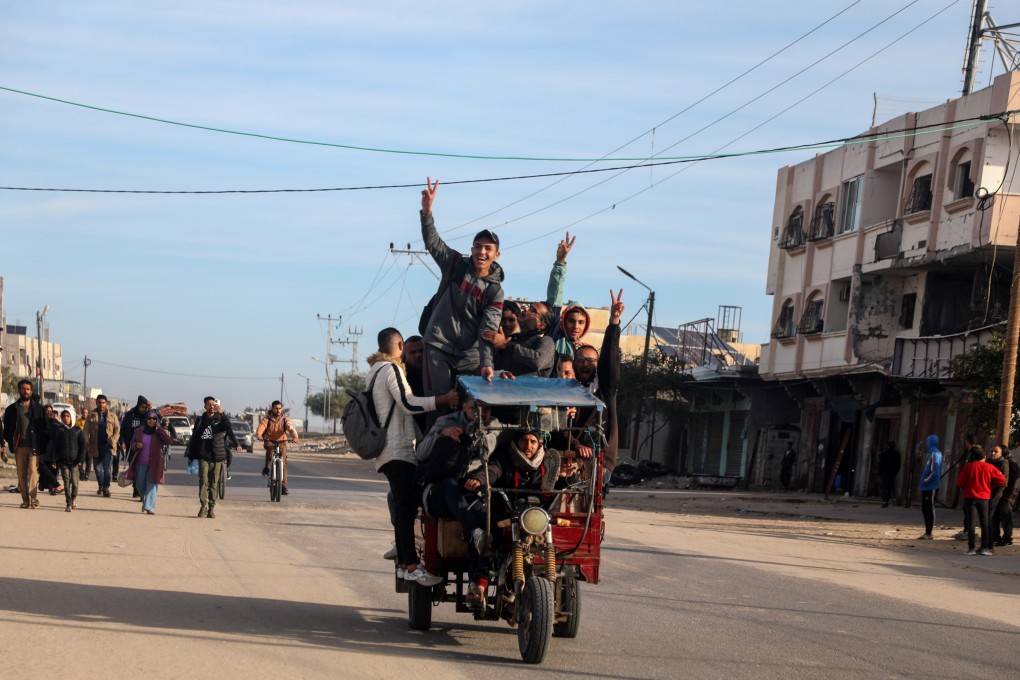Editorial | Fragile ceasefire in Mideast at least offers a glimmer of hope
Tentative truce between Israel and Palestinian groups is a step in the right direction but many hurdles remain before true peace can prevail

A ceasefire in war-ravaged Gaza has officially taken effect, four days after Israeli and Hamas negotiators agreed on the initial terms – principally an exchange of Palestinians held prisoner and Israelis held hostage.
It is, at best, a fragile truce, in an inhuman conflict that has raged on for 15 months at an unacceptable cost in civilian lives. The slightest provocation – such as a hitch in the emotionally sensitive prisoner-hostage exchange – could easily derail it and trigger a new surge in the carnage.
If there was a time cool heads should prevail, it is now. If they do, the Middle East can look forward, day by day for a start, to a time without a major war, and with a truce between Israel and the Iran-backed Hezbollah holding in southern Lebanon. Both truces exemplify the first step in breaking a regional cycle of deadly attack and retribution – negotiation.
Welcoming the agreement, Beijing expressed hope it could be effectively implemented to achieve a comprehensive and permanent ceasefire, and that relevant parties would take the opportunity to promote the easing of regional tensions.
The war began with the October 2023 attack by Hamas on Israel, resulting in about 1,200 deaths and the taking of 250 hostages followed by Israeli attacks that have killed more than 46,000 Palestinians, more than half of them women and children, and reduced to rubble homes, businesses and essential services.
More than 1.9 million internally displaced survivors face unimaginable devastation and human loss in Gaza, and the need for international reconstruction from the ground up.
